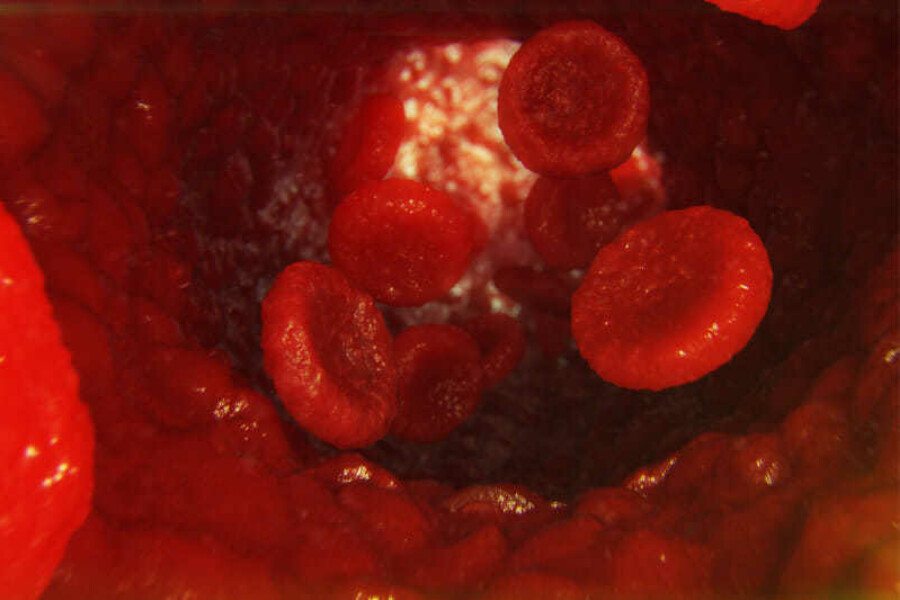What Are Venous Valves and Why Are They So Important?

The valves in your veins ensure they function properly — here’s how they work.
You may know that your veins transport blood to and from the heart, but you might not know as much about the structure of these blood vessels. For example, did you know that your veins are equipped with a set of valves that ensure your blood flows through them properly? Here is a quick and simple overview of your venous valves, outlining how they work and how ensure they remain as healthy as possible.
How Valves Work
Venous valves typically consist of two elastic flaps of tissue that open and close in alternation. This action enables blood to flow through the valve to another vein. After running through this network of veins, blood reaches the heart and travels to the lungs, which supply it with oxygen and allow it to expel carbon dioxide and other waste. The oxygenated blood then courses through the pulmonary vein back to the heart, which pumps it to the entire body.
Venous valves work in conjunction with the musculoskeletal system. Muscles constantly tighten and release, a pattern that causes the valves to open and close as needed. A tightening of the muscles results in an opening of the valves, while a relaxation of the muscles results in the closing of the valves.
The Danger of Backflow
While blood should always flow throughout your body, valves also prevent it from flowing improperly. The regular opening and closing of valves prevents backflow, or blood that flows in the wrong direction. If backflow occurs, blood can begin to pool in the veins, potentially damaging them. Indeed, many common venous disorders are caused by an accumulation of blood in the veins.
Varicose Veins
Healthy venous valves successfully open and close as necessary, but there are some conditions that can impede or restrict them. The most common of these disorders is varicose veins.
Varicose veins are a form of chronic venous insufficiency, or a defect in the veins that prevents them from properly pumping blood. These distended blood vessels result in moderate to severe pain and visible swelling, in addition to preventing blood from circulating as it should. While it isn’t necessarily a cause of malfunctioning venous valves, the inflammation associated with them can greatly exacerbate them.
While varicose veins can wreak havoc on your venous valves, it’s an easily treated condition. Anything from dietary modifications to wearing compression garments can provide significant relief. Regardless of their severity, they should be treated as quickly as possible, since untreated cases could promote the formation of blood clots that could detach and lodge elsewhere in the circulatory system.
Varicose veins don’t have to be debilitating. If you’re currently suffering from them or worry that you might be susceptible to them, schedule an appointment with a vein specialist today to discuss your treatment options and preventative measures.